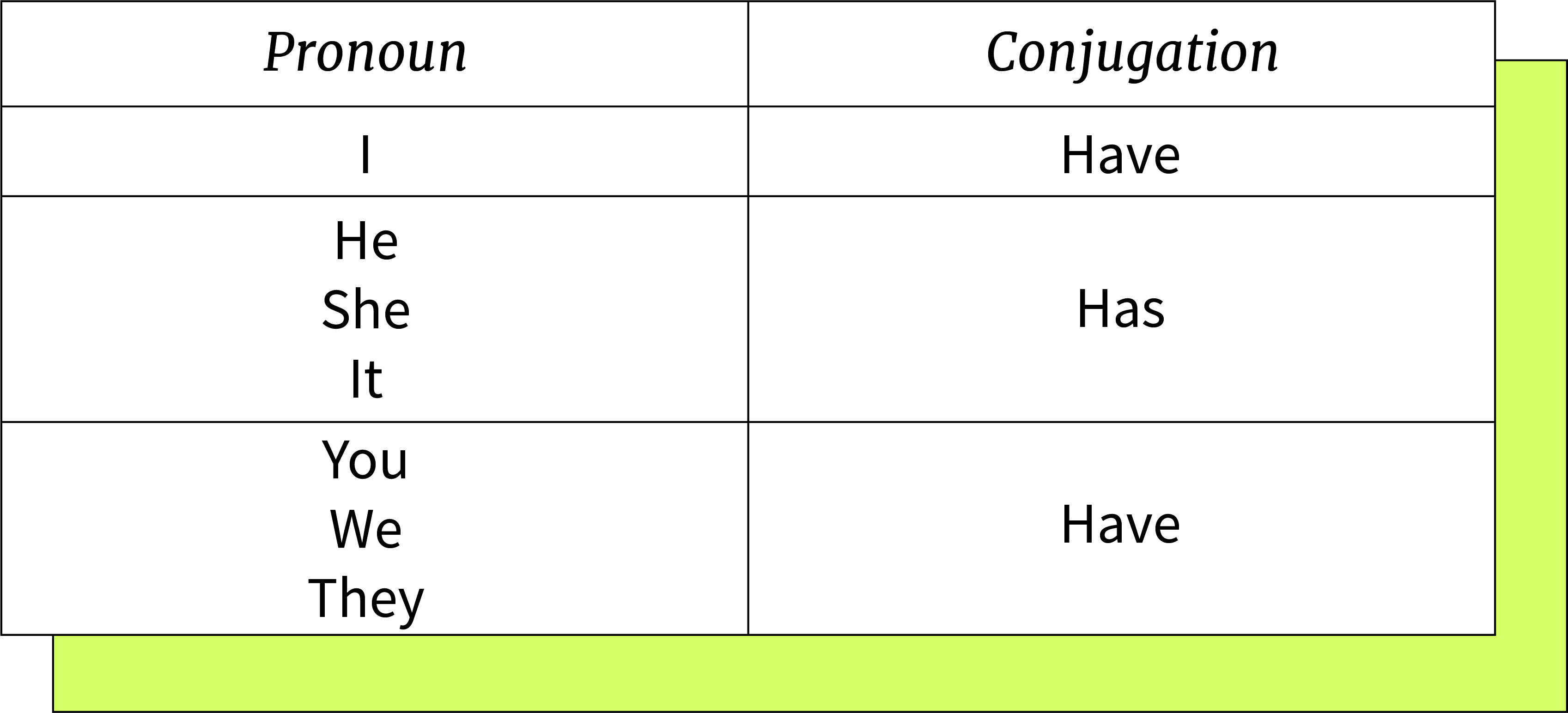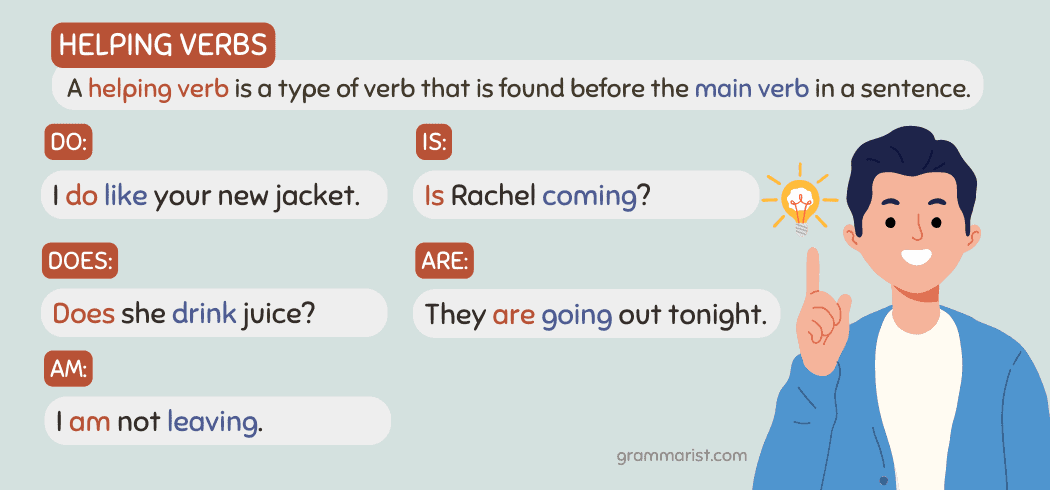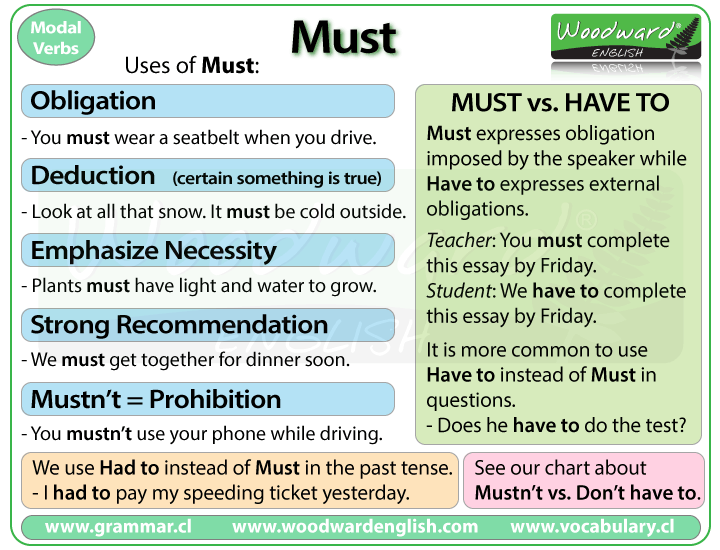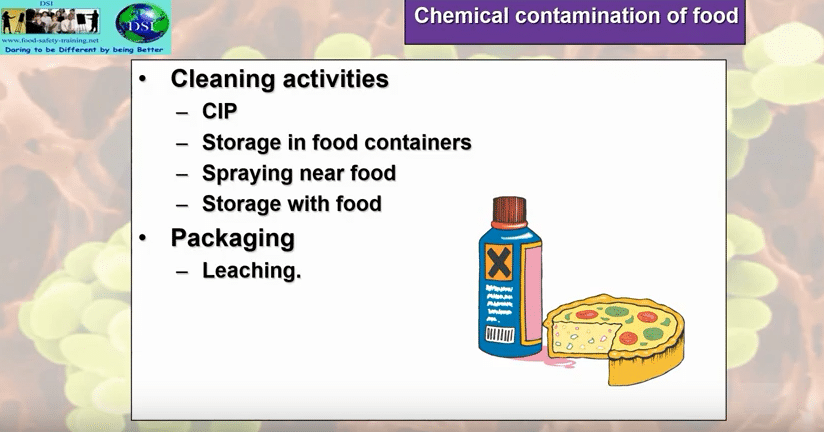Proven Strategies to Promote Your Business in Your Local Community
Introduction
Promoting your business locally is essential for building a loyal customer base, increasing foot traffic, and establishing a strong community presence. While digital marketing is a powerful tool, combining online and offline strategies will help your business stand out and grow within your neighborhood. This guide provides actionable steps, practical examples, and real-world insights for effectively promoting your business in your local area.
1. Optimize Your Online Presence for Local Search
Having a strong local digital footprint helps customers discover your business when searching for goods and services in your area. The most critical first step is to claim and optimize your Google Business Profile, which ensures your business appears in local search results and on Google Maps. Complete every profile field, upload recent photos, list your hours, and encourage satisfied customers to leave reviews. Accurate information and positive reviews build trust and drive traffic to your location. [1] To supplement your reach, consider claiming your business on other major directories, such as Yelp, TripAdvisor, and the Better Business Bureau. Always verify that your business name, address, and phone number are consistent across all listings for maximum credibility and search engine benefits. [3] If you serve multiple neighborhoods or have specific offerings, create dedicated location pages on your website and use relevant local keywords in your titles and meta descriptions. [5]
2. Engage Your Community on Social Media
Social media platforms like Facebook and Instagram are powerful for connecting directly with local audiences. Craft posts that highlight your involvement in community events, feature local customers, and celebrate regional holidays. Use location-based hashtags and geotags to increase visibility among nearby users. Respond promptly to comments and messages to foster a sense of accessibility and goodwill. [1] Consider joining local Facebook groups relevant to your industry; these forums offer opportunities to answer questions, offer advice, and subtly promote your services. For example, a bakery can share photos of custom cakes made for local school events, tagging the school and using the neighborhood hashtag. These authentic interactions help build lasting relationships.
3. Leverage Paid Local Advertising
Paid advertising is a highly targeted way to reach local customers. Both Google Ads and Facebook Ads allow you to specify geographic areas, ensuring your message only appears to people within your target radius. Create ad copy and visuals that speak directly to local interests – for instance, referencing a popular community event or offering a limited-time neighborhood discount. [1] If you’re new to paid advertising, start with a small budget and focus on promotions that deliver clear value, such as coupons or special offers redeemable in-store. Monitor results and adjust your campaigns based on which messages generate the most engagement or conversions. This approach helps maximize your advertising ROI while minimizing risk.
4. Build Partnerships with Local Businesses
Collaborating with fellow businesses expands your reach and creates mutually beneficial opportunities. Consider cross-promotions, where you team up with a complementary business to offer a joint deal – for example, a coffee shop partnering with a bookstore for a “Book and Brew” discount. [2] Joint events, such as sidewalk sales or neighborhood festivals, also draw crowds and foster a sense of community. To get started, identify potential partners whose customer base overlaps with yours and propose a simple, low-risk collaboration. Both businesses should promote the partnership through their respective channels to maximize exposure.

Source: southstreetmarketing.com
5. Start a Customer Referral Program
Word-of-mouth recommendations are especially powerful in local markets. A well-structured referral program turns your existing customers into advocates. Offer clear incentives – such as discounts, store credit, or gift cards – to both the referrer and the new customer. [1] Keep the process simple: provide referral cards at checkout, offer digital referral codes, or include a referral prompt in follow-up emails. For example, a fitness studio could offer a free class to both parties when a current member brings a friend. Regularly remind customers about your referral program through social media and signage in your store to keep participation high. [2]
6. Utilize Direct Mail and Traditional Advertising
Despite the rise of digital marketing, traditional methods like direct mail remain effective for local promotion. Send postcards, flyers, or brochures to targeted neighborhoods, including a clear value proposition and a compelling call to action. According to the ANA Response Rate Report, direct mail campaigns often yield a higher ROI than digital ads, especially when combined with a special offer or coupon. [5] To maximize results, ensure your materials are visually appealing, include your business address and contact details, and specify how recipients can redeem the offer. You can also place ads in local newspapers or community newsletters, which are often read by residents interested in supporting local enterprises. [3]

Source: learn.genbook.com
7. Get Involved in Local Events and Community Initiatives
Active participation in community life builds brand recognition and trust. Sponsor or host local events – such as charity runs, school fundraisers, or art fairs – to increase visibility and demonstrate your business’s commitment to the community. [5] These sponsorships can generate positive local press and word-of-mouth buzz. Alternatively, volunteer your time or services for local causes; for example, a landscaping company might offer free services for a public park clean-up. Such gestures not only help your community but also create authentic opportunities to network and promote your brand. Seek out opportunities through your local Chamber of Commerce or neighborhood association.
8. Generate Leads Through Offline Tactics
Offline strategies can supplement your digital marketing and help you connect with segments of the population less active online. Host contests or giveaways at your storefront or during local events, encouraging participants to share their experience on social media for added exposure. Branded giveaways – such as tote bags, magnets, or pens – keep your business top-of-mind. Consider updating your vehicle branding with your logo and contact information if you operate a mobile business, as this can serve as a moving advertisement in the community. [4]
9. Leverage Local Media and Press Coverage
Local media outlets offer valuable exposure for your business. Reach out to editors and journalists with story ideas or expert commentary relevant to your industry. For instance, if you’re a HVAC expert, offer tips for homeowners on reducing energy costs – positioning yourself as a trusted local authority. [2] Press coverage can drive credibility and attract new customers who value local expertise. Build relationships with reporters by being responsive and providing helpful information – even if it’s not always directly about your business. This approach increases your chances of being featured in future articles or broadcasts.
10. Build and Maintain a Local Email List
Email marketing remains one of the most cost-effective tools for keeping customers engaged. Collect email addresses from in-store sign-ups, local events, or your website – always with clear consent. Segment your list by location when possible, and send targeted messages about upcoming sales, local events, or exclusive offers. Personalized content increases open rates and conversions. [5] To encourage sign-ups, offer a small incentive like a discount or entry into a giveaway. Remain mindful of email marketing laws and best practices, such as honoring unsubscribe requests promptly.
Conclusion
Successfully promoting your business locally requires a blend of digital savvy, in-person engagement, and a genuine commitment to your community. By implementing the strategies above – from optimizing your online presence to building strong local partnerships – you increase your chances of being discovered, trusted, and chosen by nearby customers. Stay adaptable, track what works best for your business, and continually seek opportunities to add value to your local market.
References
- [1] WareSpace (2024). 10 Local Marketing Strategies for Small Businesses.
- [2] U.S. Small Business Administration (2017). 10 Local Marketing Strategies That Work.
- [3] Yelp for Business (2024). How to promote your business locally: 10 simple tactics.
- [4] Surefire Local (2021). 50 Local Marketing Ideas for Your Small Business.
- [5] Business News Daily (2023). How to Create a Local Marketing Strategy.
MORE FROM eboxgo.com













